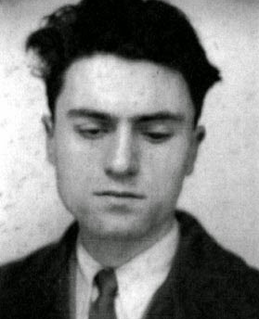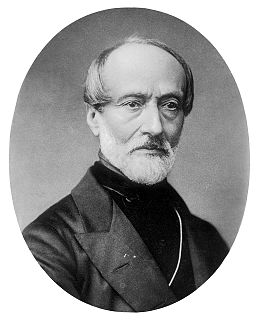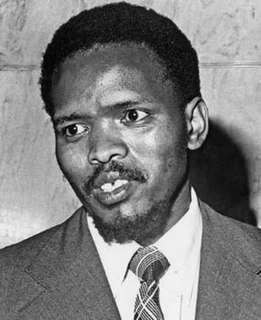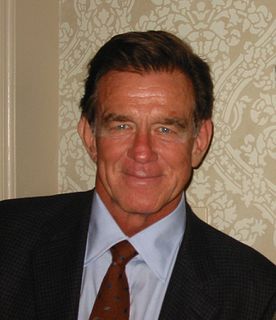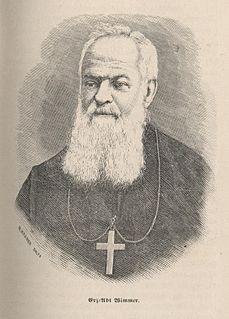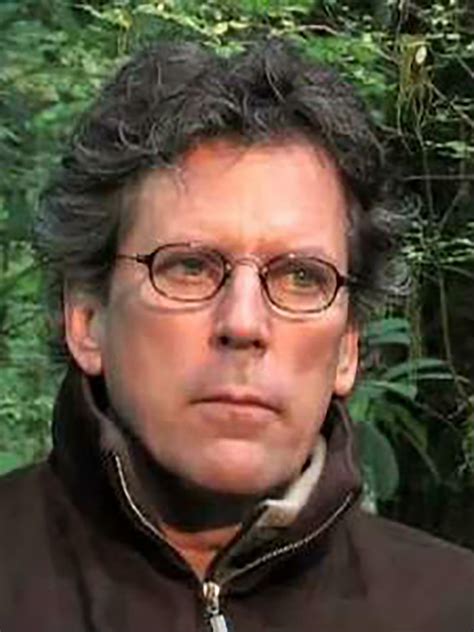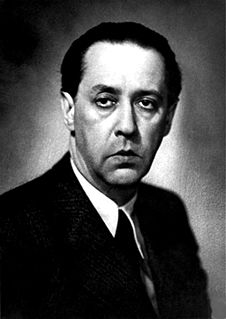A Quote by Albert Schweitzer
In resigning ourselves to our fate without a struggle, we are guilty of inhumanity.
Related Quotes
Free will appears unfettered, deliberate; it is boundlessly free, wandering, the spirit. But fate is a necessity; unless we believe that world history is a dream-error, the unspeakable sorrows of mankind fantasies, and that we ourselves are but the toys of our fantasies. Fate is the boundless force of opposition against free will. Free will without fate is just as unthinkable as spirit without reality, good without evil. Only antithesis creates the quality.
Life is not given to us that we might live idly without work. No, our life is a struggle and a journey. Goof should struggle with evil; truth should struggle with falsehood; freedom should struggle with slavery; love should struggle with hatred. Life is movement, a walk along the way of life to the fulfillment of those ideas which illuminate us, both in our intellect and in our hearts, with divine light.
Dare I speak ,to oppressed and opressor in the same voice? Dare I speak to you in a language that will move beyond the boundaries of domination- a language, that will not bind you, fence you in, or hold you? Language is also a place of struggle. The oppressed struggle in language to recover ourselves, to reconcile, to reunite, to renew. Our words are not without meaning, they are an action, a resistance. Language is also a place of struggle.
In order to settle down in the quiet of our own being we must learn to be detached from the results of our own activity. We must be content to live without watching ourselves live, to work with expecting immediate reward, to love without an instant satisfaction, and to exist without any special recognition. It is only when we are detached from ourselves that we can be at peace with ourselves.
Our lack of community is intensely painful. A TV talk show is not community. A couple of hours in a church pew each Sabbath is not community. A multinational corporation is neither a human nor a community, and in the sweatshops, defiled agribusiness fields, genetic mutation labs, ecological dead zones, the inhumanity is showing. Without genuine spiritual community, life becomes a struggle so lonely and grim that even Hillary Clinton has admitted "it takes a village".
We don't seek the painful experiences that hew our identities, but we seek our identities in the wake of painful experiences. We cannot bear a pointless torment, but we can endure great pain if we believe that it's purposeful. Ease makes less of an impression on us than struggle. We could have been ourselves without our delights, but not without the misfortunes that drive our search for meaning. 'Therefore, I take pleasure in infirmities,' St. Paul wrote in Second Corinthians, 'for when I am weak, then I am strong.'




